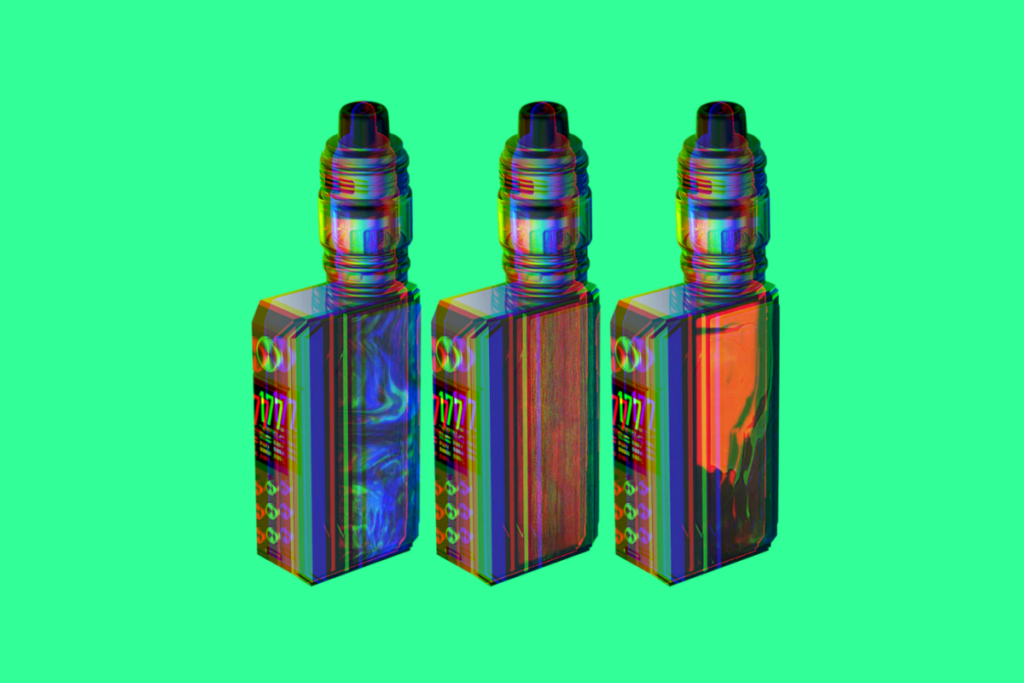What are the effects of Delta-9 on appetite? Does it create the same type of “munchies” as cannabis or are its effects more nuanced? Let’s find out what the science says…
Table of Contents
[snippet]
Delta-9 & Appetite: Key Takeaways
- Delta-9 and Appetite Stimulation: Delta-9, a compound found in cannabis, is known to stimulate appetite. It interacts with the endocannabinoid system in our bodies, particularly binding to CB1 receptors in the brain, leading to increased hunger. This effect is often referred to as the “munchies” in cannabis culture.
- Enhanced Sensory Perception: Delta-9 enhances our sense of smell and taste, making food more appealing. This is one of the reasons why cannabis users often find themselves eating more after consumption.
- Therapeutic Potential: The appetite-stimulating effects of Delta-9 can be beneficial in a therapeutic context. For patients suffering from conditions that cause appetite loss, such as cancer, HIV/AIDS, and certain eating disorders, or for those undergoing treatments like chemotherapy that often cause nausea and loss of appetite, Delta-9 can help stimulate appetite and promote weight gain.
- Delta-9 and Obesity: While the appetite-stimulating effects of Delta-9 can be beneficial, they also have potential downsides. Regular cannabis use can lead to increased food intake, which, if not balanced with physical activity, can contribute to weight gain and obesity. However, the relationship between cannabis use and obesity is complex and not fully understood. Some studies have found that despite increased food intake, regular cannabis users tend not to have higher body mass indexes (BMIs).
[/snippet]
Delta-9-tetrahydrocannabinol, commonly known as Delta-9 THC, is a compound found in the Cannabis sativa plant. It’s the primary psychoactive ingredient in cannabis, responsible for the “high” that users experience.
But beyond its recreational use, Delta-9 has been the subject of extensive scientific research due to its potential therapeutic effects. One area of particular interest is its impact on appetite. So, what are the effects of Delta-9 on appetite? Let’s dive in.
Delta-9 and the “Munchies”

If you’re familiar with cannabis culture, you’ve probably heard of the “munchies” – the intense hunger that cannabis users often experience after consuming the plant. This phenomenon is largely attributed to Delta-9.
When it enters the body, Delta-9 interacts with the endocannabinoid system, a complex network of receptors that regulate various bodily functions, including appetite.
Delta-9 binds to the CB1 receptors in the brain, triggering a series of reactions that ultimately stimulate appetite. It enhances our sense of smell and taste, making food more appealing. This is why, after consuming cannabis, users often find themselves reaching for snacks.
Why You Get The Munchies From Weed

There are several reasons why cannabis and delta-9 consumption give you the munchies. Here are the main physiological triggers behind why, after a bit of weed, you cannot stop eating.
Interaction with the Endocannabinoid System
- The endocannabinoid system (ECS) is a complex cell-signaling system in our bodies. It plays a crucial role in regulating a range of functions and processes, including sleep, mood, and appetite.
- Delta-9 interacts with the ECS by binding to its receptors, particularly the CB1 receptors located in the brain.
- When Delta-9 binds to these receptors, it triggers a series of reactions that lead to an increase in appetite.
Enhancement of Sensory Perception
- One of the effects of Delta-9 is the enhancement of sensory perception. It makes colors appear brighter, sounds more intense, and also amplifies our sense of smell and taste.
- This heightened sensory perception, particularly the enhanced sense of smell and taste, makes food more appealing, leading to an increase in appetite and food intake.
Impact on the Hypothalamus
- The hypothalamus is a small region of the brain that plays a key role in many important functions, including the regulation of hunger and thirst.
- Research suggests that Delta-9 may stimulate the neurons in the hypothalamus, leading to the release of the hormone ghrelin, which signals the body to start feeling hungry.
Influence on Dopamine Release
- Delta-9 also stimulates the release of dopamine, a neurotransmitter associated with feelings of pleasure and reward.
- The release of dopamine in response to eating makes the act of eating more enjoyable, encouraging further food intake.
Interaction with the Gut-Brain Axis
- The gut-brain axis is a communication network that links the emotional and cognitive centers of the brain with peripheral intestinal functions.
- Recent research suggests that Delta-9 can influence the gut-brain axis to promote hunger.
Delta-9 as a Therapeutic Agent for Appetite Stimulation

The appetite-stimulating effects of Delta-9 have significant therapeutic potential, according to noted studies. For patients suffering from conditions that cause appetite loss, such as cancer, HIV/AIDS, and certain eating disorders, Delta-9 can help stimulate appetite and promote weight gain. It’s also beneficial for patients undergoing treatments like chemotherapy, which often cause nausea and loss of appetite.
The Flip Side: Delta-9 and Obesity
While Delta-9’s appetite-stimulating effects can be beneficial, they also have a potential downside. Regular cannabis use can lead to increased food intake, which, if not balanced with physical activity, can contribute to weight gain and obesity.
The relationship between cannabis use and obesity is complex and not fully understood. Some studies have found that despite increased food intake, regular cannabis users tend not to have higher body mass indexes (BMIs). More research is needed to fully understand this paradox.
The Bottom Line
Delta-9 has a significant impact on appetite, stimulating hunger and making food more appealing. In this respect, it is no different from standard cannabis and/or weed. This effect can be therapeutic for patients suffering from conditions that cause appetite loss but it is a double-edged sword that can play havoc with your diet if you’re looking to drop fat.
The munchies are real. You have been warned.
[snippet]
Sources
- Interaction with the Endocannabinoid System: The Endocannabinoid System as an Emerging Target of Pharmacotherapy
- Enhancement of Sensory Perception: Cannabis and the Senses
- Impact on the Hypothalamus: Endocannabinoids in the Regulation of Appetite and Body Weight
- Influence on Dopamine Release: The Effects of Δ9-Tetrahydrocannabinol on the Dopamine System
- Interaction with the Gut-Brain Axis: The Role of the Endocannabinoid System in the Brain-Gut Axis
[/snippet]





Leave a Reply